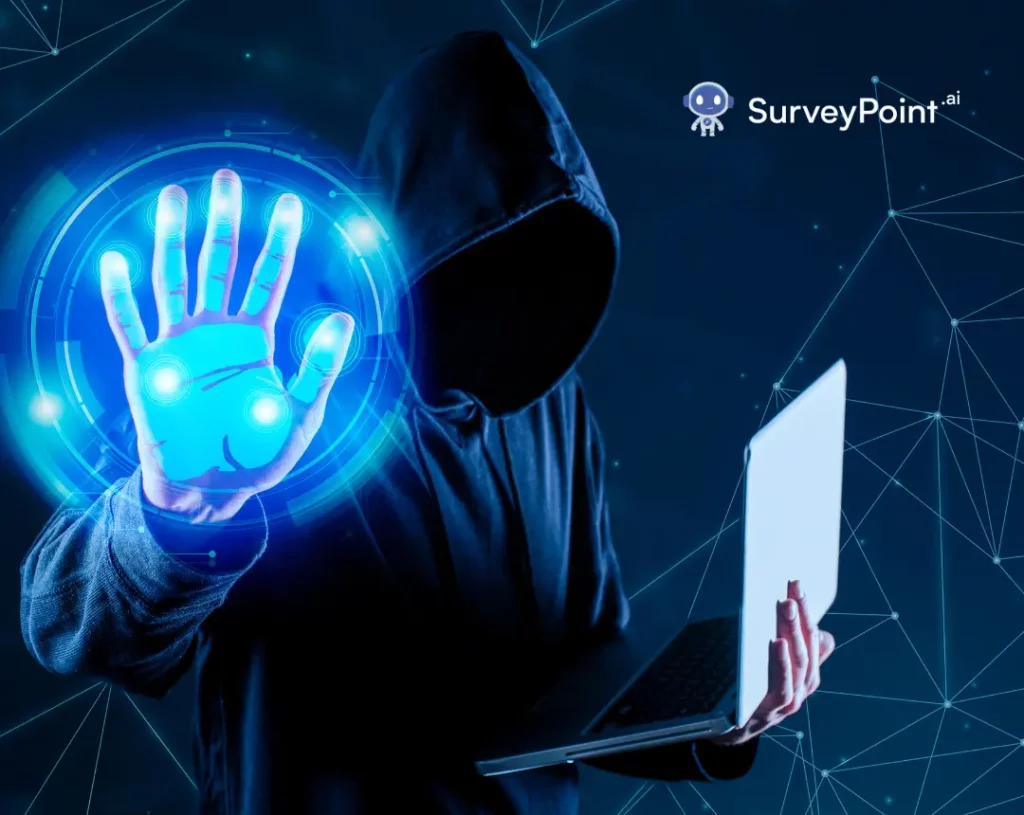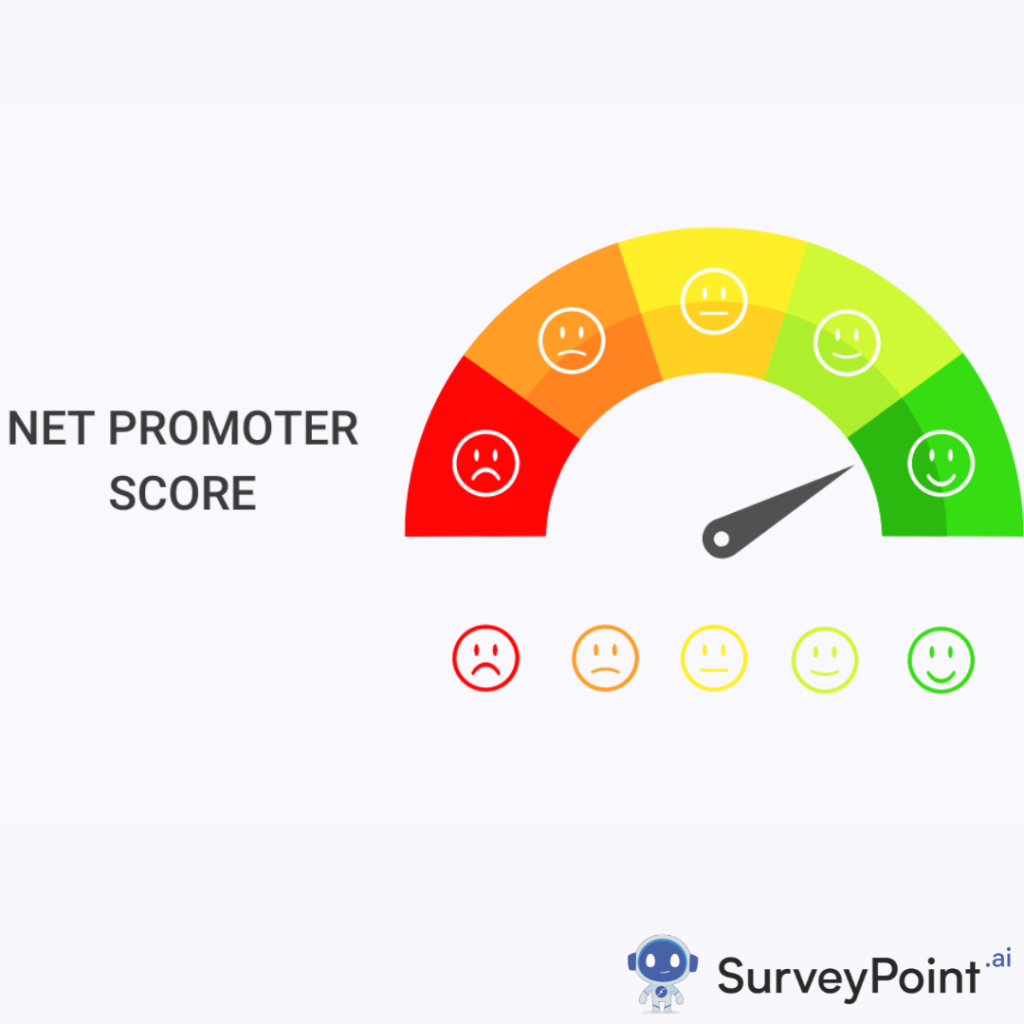
In an era where digital security threats loom large, the concept of hacking often carries negative connotations. However, there exists a lesser-known realm called “ethical hacking” that operates on the principles of security and protection. In this extensive exploration, we delve into the depths of ethical hacking, deciphering its meaning, benefits, types, and the phases it encompasses.
What is Ethical Hacking?
Ethical hacking, also known as penetration testing or white-hat hacking, refers to the practice of deliberately infiltrating systems, networks, or applications with the consent of the owner to identify vulnerabilities and weaknesses. Unlike malicious hacking, ethical hacking is conducted with the sole intention of enhancing security measures and fortifying defenses against potential cyber threats.
Benefits of Ethical Hacking:
- Proactive Security Enhancement: By simulating real-world cyber attacks, ethical hackers can proactively identify and address security vulnerabilities before malicious actors exploit them.
- Cost-Effective Risk Mitigation: Investing in ethical hacking services can help organizations identify and rectify security flaws at a fraction of the cost compared to dealing with the aftermath of a successful cyber attack.
- Compliance Adherence: Ethical hacking aids organizations in ensuring compliance with regulatory requirements and industry standards by uncovering vulnerabilities that could lead to data breaches or non-compliance penalties.
- Reputation Protection: By fortifying their defenses through ethical hacking practices, businesses safeguard their reputation and foster trust among customers, partners, and stakeholders.
- Continuous Improvement: Ethical hacking fosters a culture of continuous improvement by providing insights into evolving cyber threats and emerging attack vectors, allowing organizations to adapt and evolve their security strategies accordingly.
Types of Ethical Hacking:
- External Testing: Involves assessing the security posture of external-facing systems, such as websites, servers, and applications, to identify vulnerabilities that could be exploited by external attackers.
- Internal Testing: Focuses on evaluating the security controls and protocols within an organization’s internal network to identify potential insider threats or vulnerabilities that could be leveraged by malicious insiders.
- Wireless Network Testing: Targets wireless networks and devices to identify security weaknesses in Wi-Fi networks, Bluetooth connections, and other wireless technologies.
- Social Engineering: Exploits human psychology and social interactions to manipulate individuals into divulging sensitive information or performing actions that compromise security.
- Physical Security Testing: Assesses the physical security measures in place, such as access controls, surveillance systems, and security policies, to identify weaknesses that could lead to unauthorized access or breaches.
Phases of Ethical Hacking:
- Reconnaissance: Involves gathering information about the target system or organization, including network architecture, system configurations, and potential entry points.
- Scanning: Utilizes automated tools and techniques to identify open ports, services, and vulnerabilities within the target environment.
- Gaining Access: Involves exploiting identified vulnerabilities to gain unauthorized access to systems, networks, or applications.
- Maintaining Access: Focuses on maintaining persistence within the target environment by establishing backdoors, creating privileged accounts, or exploiting additional vulnerabilities.
- Covering Tracks: Aims to conceal the presence of the ethical hacker within the target environment by removing traces of their activities and restoring systems to their original state.
Ethical Hacking vs. Hacking:
Hacking involves illicitly accessing systems or data with malicious intent, breaching privacy, and causing harm. It encompasses a range of unauthorized activities, from exploiting software vulnerabilities to launching malware attacks and social engineering schemes. Hacking is illegal and unethical, resulting in severe consequences for victims and perpetrators alike.
On the other hand, ethical hacking, also known as penetration testing, is conducted with explicit permission to identify and address security vulnerabilities. Ethical hackers operate within legal and ethical frameworks, collaborating with organizations to strengthen their defenses and mitigate risks. They adhere to strict codes of conduct, prioritize security enhancement, and contribute to a safer digital ecosystem. Unlike hacking, ethical hacking serves the greater good by proactively identifying weaknesses and protecting against potential cyber threats.
Ethical Hacking System Requirements:
- Technical Proficiency: Ethical hackers must possess a strong understanding of computer systems, networks, operating systems, and programming languages to effectively identify and exploit vulnerabilities.
- Ethical Framework: Ethical hackers must adhere to ethical guidelines and legal regulations governing their activities, ensuring that their actions serve the purpose of security enhancement and protection.
- Continuous Learning: The field of ethical hacking is constantly evolving, requiring ethical hackers to stay abreast of emerging threats, attack techniques, and defensive strategies through continuous learning and professional development.
- Collaboration and Communication Skills: Ethical hackers must effectively communicate their findings, recommendations, and insights to stakeholders, fostering collaboration and cooperation in addressing security vulnerabilities.
Conclusion
In conclusion, ethical hacking represents a critical component of modern cybersecurity practices, offering organizations a proactive approach to identifying and mitigating potential cyber threats. By leveraging the expertise of ethical hackers, businesses can fortify their defenses, safeguard sensitive data, and preserve their reputation in an increasingly digitized world. As cyber threats continue to evolve, the role of ethical hacking remains indispensable in ensuring the resilience and security of digital ecosystems.




